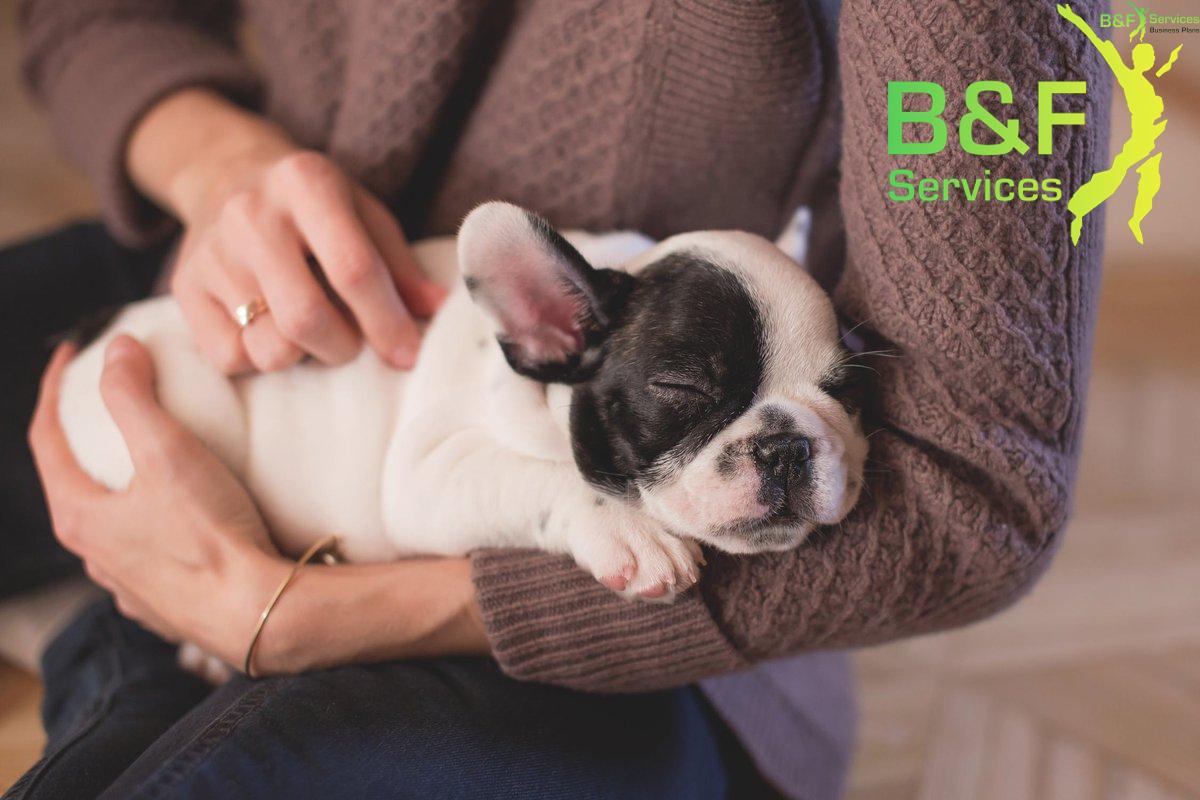People love their pets – fact. While old sayings like ‘a dog is a man’s best friend’ may still ring true, what has changed is our daily lives and routines, impacted by different working hours and 24/7 schedules.
Therefore, it’s not always possible for pet owners to be at home to care for their animals or take them for walks at the necessary times.
This is where luxury pet care businesses step in, offering time-poor but animal-loving people the option to place their pets in their care while they go to work or on holiday.
According to data published by Statista, £4.62bn was spent on pets and related products in the UK in 2017. This is a significant increase from 2005, when the expenditure was £2.55bn.
In 2016, the worldwide pet industry size was estimated to be worth $131.70bn. And pet products, as well as grooming and boarding services, were identified as some of the key drivers, according to data published by Grand View Research.
Meanwhile, other data from Statista shows the UK is one of the biggest pet markets in Europe; in 2017 the market was valued at approximately €5.1bn.
And IbisWorld found that when looking at grooming and boarding for pets specifically, the industry has experienced 6.8% growth, to reach a revenue of $8bn in the US in 2018.
So what does the British pet market look like at ground level? The PFMA found that there were 9 million dogs in the UK in 2018, which is an increase of 5% from the previous year.
It also found that the British cat population is at the highest level its been in five years and increased by 140,000, with 18% of the UK population having a cat.
But the ‘pet pound’ isn’t new – it’s been growing for the past few years. Back in 2016, Fortunecovered the increasing humanisation of pets in the US, claiming that pets are basically people. Then in 2017 The Guardian documented the rise of upmarket pet care in the UK.
Fast forward to 2018, and the luxury pet care trend is still going strong, with the BBC reporting on the excesses of the ‘pooch pound’, suggesting some pet owners could be going overboard with the way they lavishly treat their animals. And in the same year, Business Insider even stated that pet care is a recession-proof industry.
While luxury pet care may be a topic of debate in newspaper and digital publications, elsewhere on the internet the trend continues to gain popularity. This is especially the case on social media, of which there are many accounts that document the luxurious existences of pets around the world.
Some examples include dog ‘celebrities’ like Marcel Le Corgi, whose Instagram account currently has 98k followers. And let’s not forget our feline friends too: at the time of writing, the Twitter account of cat blog Katzenworld has 37.2k followers.
In 2014, Mariah Carey reportedly spent £28,000 on her dogs, including first class travel, chauffeur-driven cars and spa treatments and Paris Hilton is said to have built a dog-size mansion for her dogs to live in.
Yet it’s not only celebrities who are splashing the cash on premium services for their pets.
Market trend reporter Mintel found that 51% of pet care buyers (deemed as those customers who have made purchases relating to pet care products or services in the 12 months prior to May 2018), would prefer to reduce spending on themselves than on their pets.
Whether you’re thinking about how to start your own pet grooming business, or are interested in a more specialist area of the sector, we’re excited to see what 2019 will bring for start-ups who launch in the sector – discover some potential business opportunities below!Luxury pet care business opportunities
The opening of the Love Ur Dog hotel – a luxury boutique hotel for dogs – in the Wirral in 2018 could pave the way for other like-minded entrepreneurs to start hotel businesses for dogs in other parts of the country. This concept could also be applied to other pets too, such as similarly luxurious hotels for cats, guinea pigs and rabbits, for example.
With the continued popularity of smart home assistants, it was only a matter of time until Alexa skills rolled over into other industries too. If you’re tech-savvy and entrepreneurial, you could tap into the pet tech trend and apply your coding skills to make an app or smart assistant specifically for pets. One example of this is the PawSquad Pet Health Club, which offers a subscription service for online vet appointments.
Or what about apps that provide virtual pet care? Petcube has cameras that allow people to use their smartphone to interact with their pets even while they’re out, so that they don’t miss playtime or treats.
And DOGTV is an app that provides TV content specifically for dogs, providing an alternative way to keep your pets company while you’re out.
Thinking about other areas of pet or pet owners lives’ that could benefit from tech disruption could prove lucrative.
Look overseas for inspiration too. For example, the US-based Natural Dog Company offers edible vegan healing balms for dogs’ skin conditions made from natural, organic ingredients.
British entrepreneurs wondering how to set up a dog grooming business could take this one step further and strike out into the market with a luxurious plant-based pet product – and combine two of our business ideas for 2019 into one!
Alternatively, you could take your business to your customers with a mobile business, such as an on-the-go dog grooming service.
Yet physical (or virtual) care are just some elements of an animal’s well-being. For example, a really niche luxury pet care business opportunity could be to become a freelance pet psychologist or behavioural counsellor. You could offer services to reduce anxiety or other pet-related mental health concerns – providing you have the necessary qualifications or training to do so.
And how will all these special moments be documented but with plenty of photos? This is where another business opportunity – running your own pet photography business – could pay off, offering pet parents a way to indulge and pamper their animals with a luxurious photo shoot.
Finally, you could start your own dog day care centre – think of it as a nursery for dogs, providing care facilities for canines while their humans are at work. Within this, it could also be possible to offer dog-walking services, training sessions and holiday boarding – all with a VIP (that’s ‘very important pooch’) ethos.
For advice and assistance in relation to discussing the topic covered above or queries concerning an ongoing investment, fundraise, writing a business plan or information about starting or growing your business; please contact our team in London on 0203 637 6365 or via our enquiry form.









